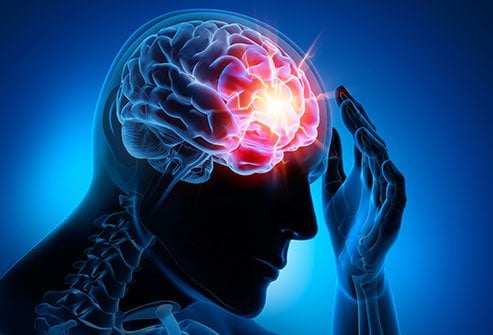Head Injuries
Table Of Contents
- Introduction
- Exploring the Spectrum of Head Injuries
- Understanding the Symptoms and Signs
- Seeking Prompt Evaluation and Treatment
- Take precautions
Introduction
Head injuries are a common occurrence, ranging from mild bumps and bruises to more severe traumatic brain injuries (TBIs) that can have long-lasting effects on physical, cognitive, and emotional health. Whether caused by accidents, falls, sports-related incidents, or other traumatic events, head injuries require prompt evaluation and appropriate management to minimize complications and promote recovery. In this blog post, we’ll delve into the complexities of head injuries, explore their symptoms, treatment options, and recovery process, and provide valuable insights for individuals and families affected by these injuries.
Exploring the Spectrum of Head Injuries
Head injuries can encompass a spectrum of severity, including:
- Concussions: Concussions are mild traumatic brain injuries that result from a blow or jolt to the head, causing temporary disruption of brain function. Symptoms may include headache, dizziness, confusion, nausea, sensitivity to light or noise, and changes in mood or behavior.
- Skull fractures: Skull fractures occur when the bone surrounding the brain is broken or cracked, often resulting from significant impact or trauma. Symptoms may include pain at the site of the injury, swelling, bruising, or visible deformity.
- Traumatic brain injuries (TBIs): TBIs range in severity from mild (concussions) to severe, with potentially life-threatening consequences. Symptoms may vary depending on the extent and location of brain damage but can include loss of consciousness, memory loss, cognitive impairment, motor deficits, and changes in personality or behavior.
- Intracranial hemorrhage: Intracranial hemorrhage involves bleeding within the skull, which can lead to increased pressure on the brain and potentially life-threatening complications. Symptoms may include severe headache, nausea, vomiting, altered consciousness, and focal neurological deficits.
Understanding the Symptoms and Signs
The symptoms of head injuries can vary widely depending on the type, severity, and location of the injury. Some common signs and symptoms may include:
- Headache or head pressure
- Nausea or vomiting
- Dizziness or lightheadedness
- Loss of consciousness
- Confusion or disorientation
- Memory loss or difficulty concentrating
- Slurred speech or difficulty speaking
- Visual disturbances
- Changes in behavior or mood
- Weakness or numbness in extremities
Seeking Prompt Evaluation and Treatment
If you or someone you know experiences a head injury, it’s essential to seek prompt evaluation and appropriate medical care. Even seemingly mild head injuries can have serious consequences, so it’s crucial not to dismiss symptoms or delay seeking treatment. Some steps to take if you suspect a head injury include:
- Seek immediate medical attention: If the injury is severe or if symptoms worsen over time, seek emergency medical care immediately. Call 911 or go to the nearest emergency room for evaluation and treatment.
- Follow medical recommendations: Follow the advice and recommendations of healthcare professionals, including any instructions for rest, activity modification, medication, or further evaluation.
- Monitor symptoms: Keep track of symptoms and any changes in condition, and report them to healthcare providers for ongoing assessment and management.
Take precautions
Take precautions to prevent further injury, such as avoiding activities that could result in another head injury, using protective gear (e.g., helmets), and following safety guidelines.
“At Arunalaya Healthcare, we pride ourselves on being the best physiotherapy center in Delhi. Our dedicated team of experts offers top-notch physiotherapy treatment tailored to your needs. Experience the difference with the leading physiotherapy clinic in Delhi area. Our commitment to excellence ensures that you receive the best physiotherapy care possible. Trust Arunalaya Healthcare for the best physiotherapy treatment in Delhi. Our advanced physiotherapy solutions set us apart as the premier choice for your rehabilitation needs. When it comes to physiotherapy, our center stands out as the best in Delhi. Choose Arunalaya Healthcare for comprehensive physiotherapy solutions that deliver results. Visit Arunalaya Healthcare today and discover why we are the best physiotherapy center in Delhi.”
Causes of head injuries | Symptoms of concussions and TBIs | How to treat skull fractures | Intracranial hemorrhage management | Cognitive recovery after head injury | Emergency care for head trauma | Tips for preventing head injuries | Protective gear for sports safety

